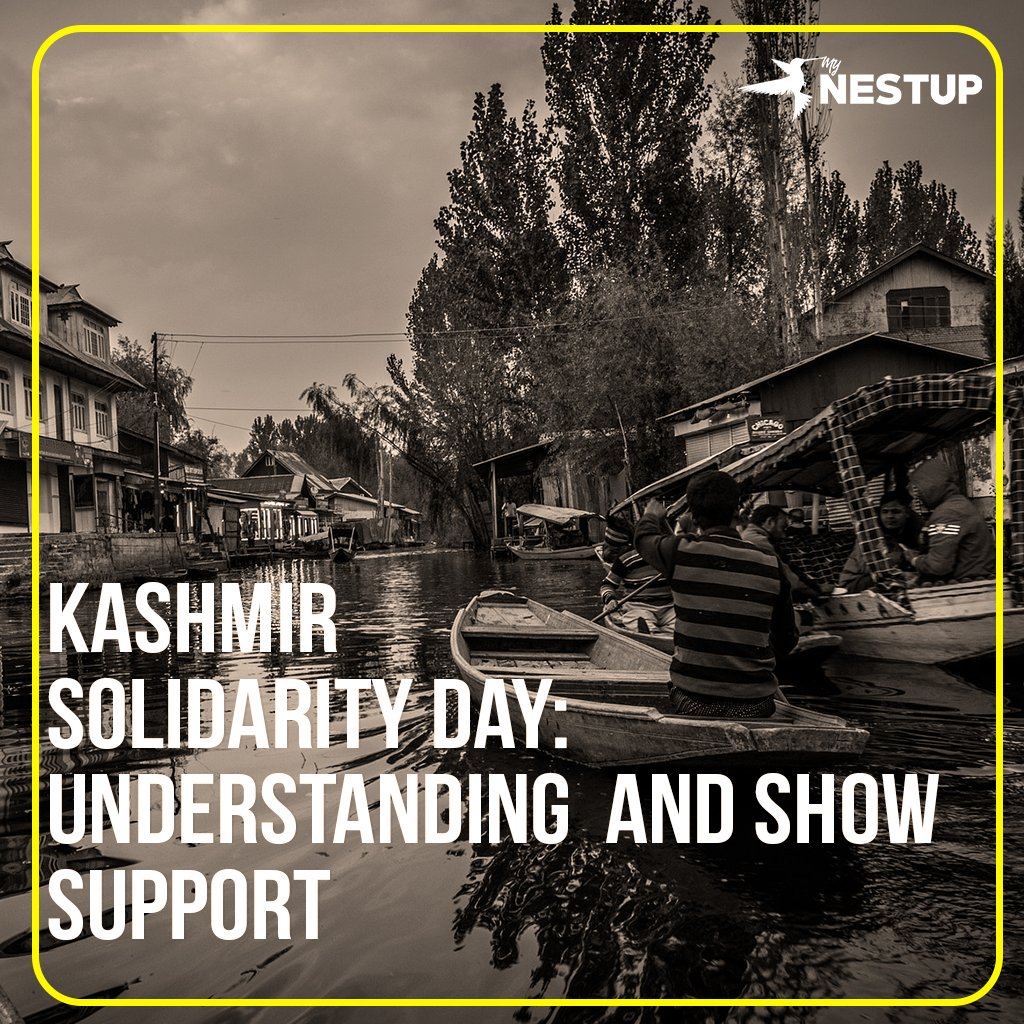Kashmir Solidarity Day is observed on February 5th every year to show support for the people of Jammu and Kashmir and to raise awareness about the ongoing conflict in the region. The conflict in Kashmir dates back to 1947 when India and Pakistan gained independence from British rule and the territory of Jammu and Kashmir was divided between them. Since then, the two nations have fought multiple wars over the region and the people of Kashmir have suffered due to violence, military occupation, and human rights abuses.
What is the conflict in Kashmir about?
The conflict in Kashmir is rooted in a dispute over the status of the region and who has the right to govern it. India and Pakistan both claim the territory of Jammu and Kashmir in its entirety, but each controls only part of it. The Indian-administered portion of Kashmir consists of the regions of Jammu, Kashmir Valley, and Ladakh, while Pakistan controls Azad Kashmir and Gilgit-Baltistan. The conflict has resulted in widespread human rights abuses, including disappearances, extrajudicial killings, and the use of torture.
Why is Kashmir Solidarity Day observed?
Kashmir Solidarity Day is observed to show support for the people of Kashmir and to raise awareness about the ongoing conflict and human rights abuses in the region. The day is an opportunity for people around the world to stand in solidarity with the people of Kashmir and to call for an end to the violence and for a resolution to the conflict that respects the rights and dignity of all Kashmiris.
How can you show support for Kashmir on Solidarity Day?
- Educate yourself about the conflict: Start by learning about the history of the conflict in Kashmir and the current situation in the region.
- Share information on social media: Use social media to raise awareness about the conflict and to show your support for the people of Kashmir. Share articles, videos, and other resources that help to educate others about the situation in the region.
- Participate in events and demonstrations: Participate in local events and demonstrations that are organized to show support for the people of Kashmir and to raise awareness about the conflict.
- Write to your elected representatives: Write to your elected representatives and urge them to take action to support the people of Kashmir and to work towards a resolution to the conflict that respects the rights and dignity of all Kashmiris.
- Donate to organizations that support Kashmir: Consider donating to organizations that are working to support the people of Kashmir and to promote human rights in the region.
Jammu and Kashmir have been under various forms of emergency rule, including martial law, for periods of time since the late 1940s. In August 2019, the Indian government revoked the special constitutional status of Jammu and Kashmir and imposed a lockdown and communication blackout, which lasted for several months. Since then, the situation in the region has been tense, with restrictions on movement and communication and a heavy military presence. The exact duration of the current martial law-like conditions in Jammu and Kashmir is unclear and subject to change, but as of my knowledge cutoff in 2021, they continue to be in place to some degree.
Concluding the facts Kashmir Solidarity Day is an important opportunity to show support for the people of Jammu and Kashmir and to raise awareness about the ongoing conflict in the region. By educating ourselves, sharing information, participating in events, writing to elected representatives, and donating to organizations, we can play a role in supporting the people of Kashmir and promoting peace and justice in the region.






